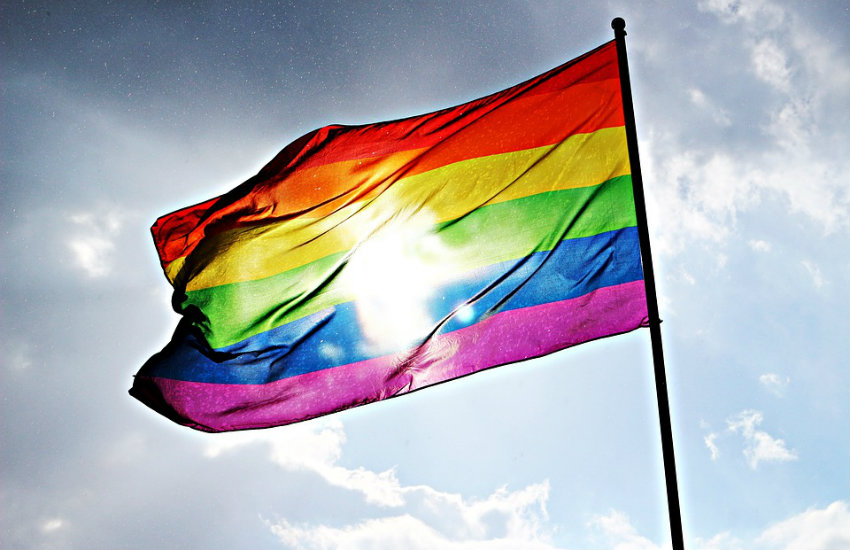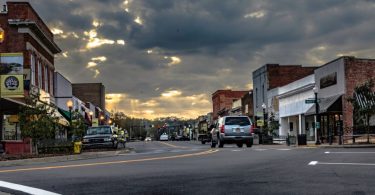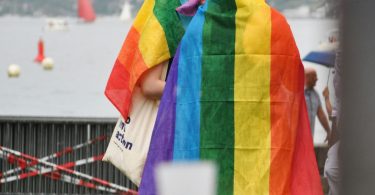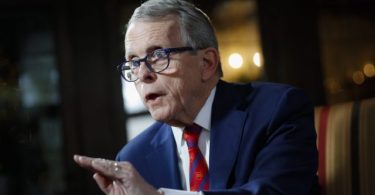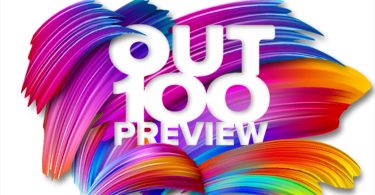Pixabay
Rainbow flag | Photo: Pixabay
Madison County police will not march in the city’s Pride Parade this year.
Organizers rescinded invites to law enforcement departments after pushback from local LGBTI groups.
Members of the LGBTI community told The Outreach LGBT Community Center they would feel unsafe with police officers marching while armed and in uniform.
These comments came particularly from LGBTI people of color, Outreach said.
Some LGBTI groups also expressed concerns that police forces perpetuate homophobia and racism, the Wisconsin State Journal reported.
In response, local firefighters dropped their invitation as a show of solidarity with their law enforcement colleagues.
‘We are fully supportive of the LGBTQ community and have enthusiastically participated in Madison’s Pride Parade in the past,’ a statement by the Madison Fire Department said.
‘However, we also stand in full support of our colleagues of the Madison Police Department […] In solidarity with our women and men in blue, must respectfully and regretfully decline to participate in this year’s parade.’
#BREAKING Madison Fire Dept. says it won’t march in #Pride parade after organizing group doesn’t allow police to march. Here’s the department’s full statement. pic.twitter.com/2QQzXf328R
— Amy Reid (@amyreidreports) 13 August 2018
Founder of Madison Police Department Pride, Lt. Brian Chaney Austin, was disappointed with Outreach’s decision.
‘There were some hearts broken, there were some tears shed, but we know there’s work that needs to be done and we want to take that on,’ Austin said.
Prospect of counter-protests
Outreach had initially allowed police officers to march in plain clothes, as long as they did not use their squad cars.
However, the organizers changed their minds after LGBTI groups said they would challenge the presence of police with counter-protests.
‘I don’t want those who lack institutional power to be overlooked,’ Outreach board member Jill Nagler told NBC News.
Outreach’s move pleased Shawna Lutzow and fiancee Johanna Heineman-Pieper. The couple had organized the Community Pride Coalition with other LGBTI groups to protest police involvement in the parade.
‘We are not promoting police marching as a contingent,’ Heineman-Pieper said. She pointed out that this was different from not allowing officers to march as individuals, or from attending the event as spectators.
Lutzow said that Outreach’s decision showed progress in helping people of color and marginalized groups feel included and heard in the community.

